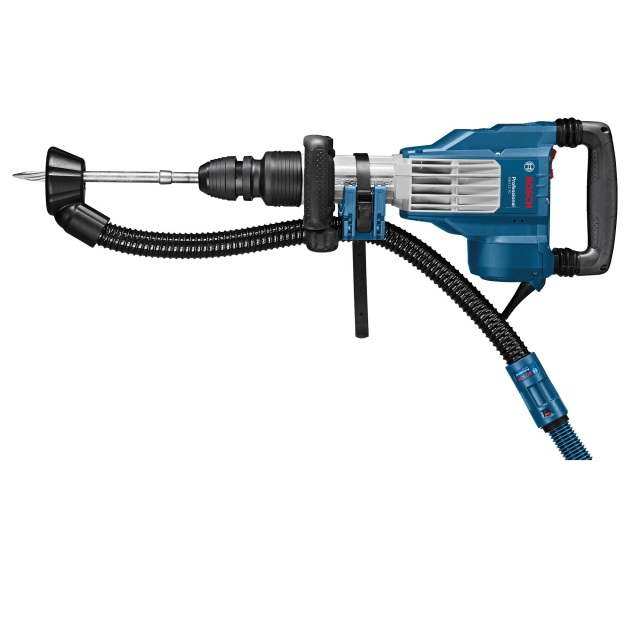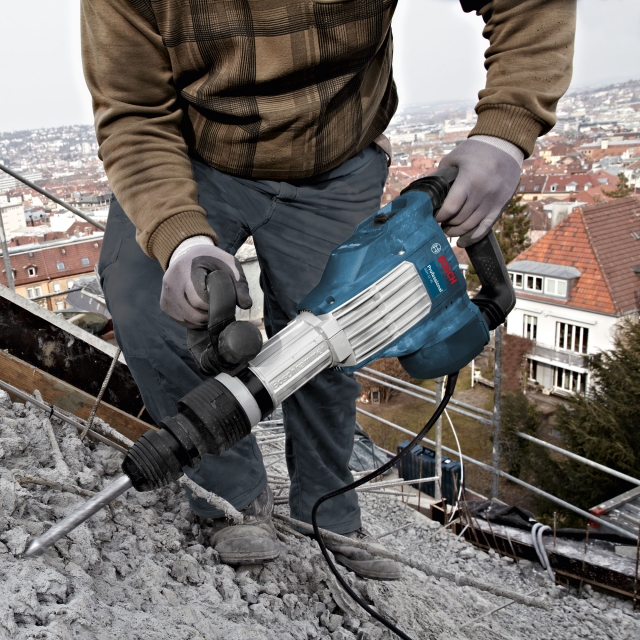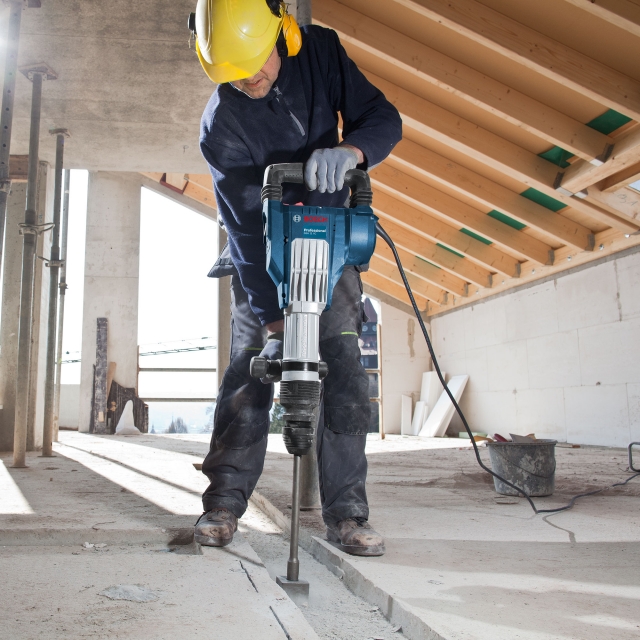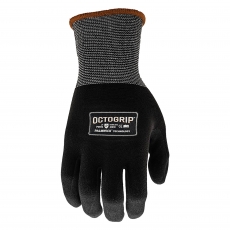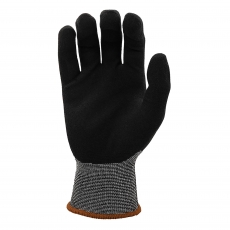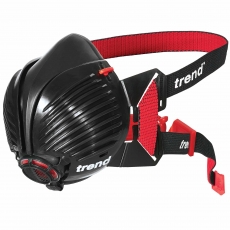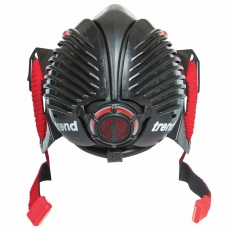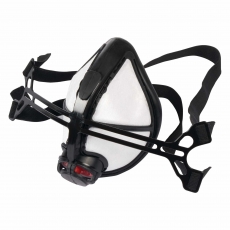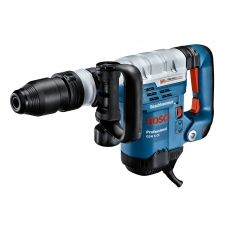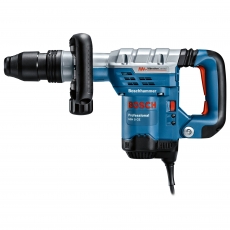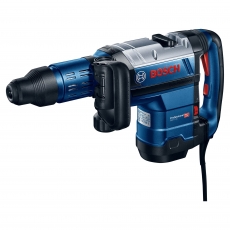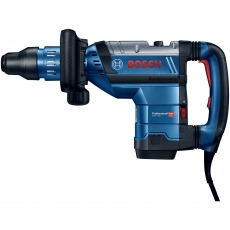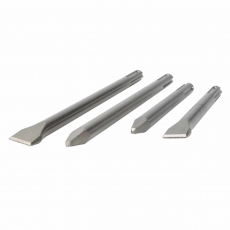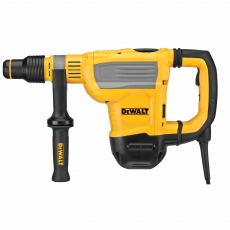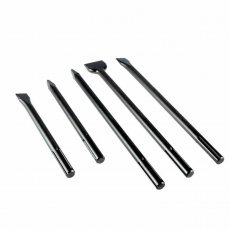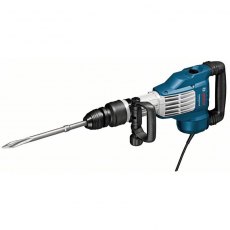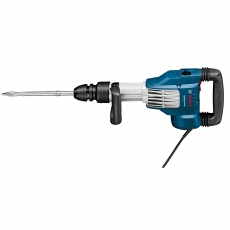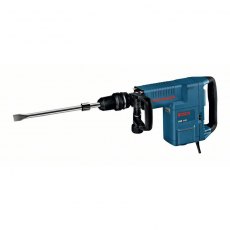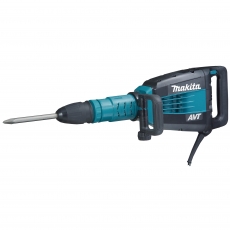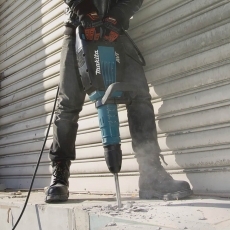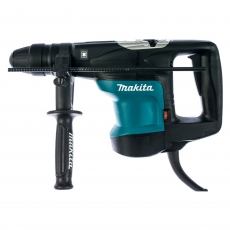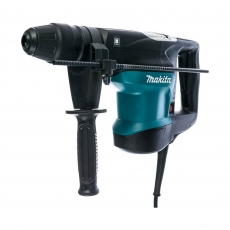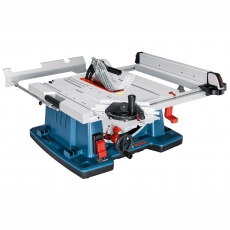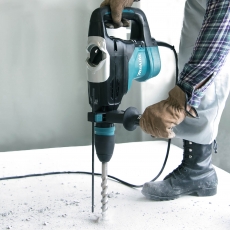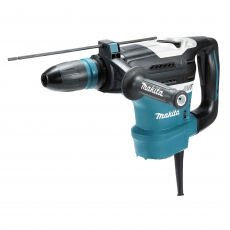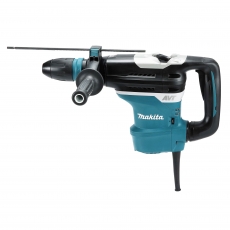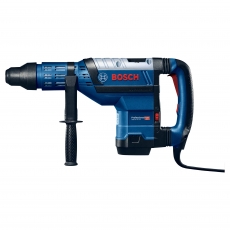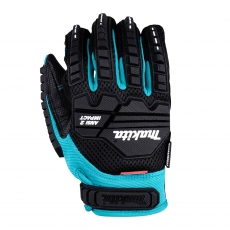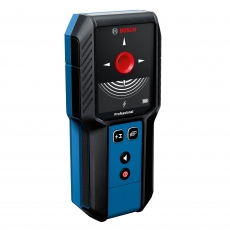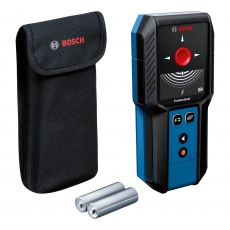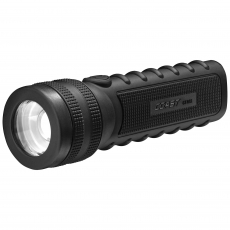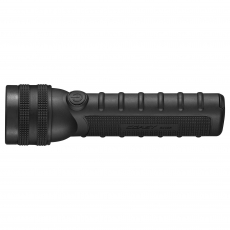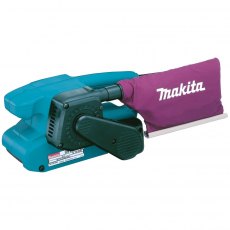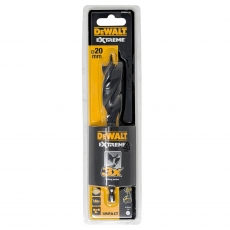BOSCH GSH11VC 110v Demolition Hammer Anti-vibration
BOSCH GSH11VC 110v Demolition Hammer Anti-vibration
Why Not Add
VAT (£2.50 ex VAT)
VAT (£19.20 ex VAT)
VAT (£5.97 ex VAT)
What’s Included
- Auxilliary Handle
- Grease Tube
- Machine Cloth
- SDS-Max Pointed Chisel
- Carrying Case
Please Note
This is a 110v machine and must be used in conjunction with a power tool transformer.
Product Overview
Part No: 0611336060(BOSP0611336060)
Features & Benefits
- Best power-to-weight ratio thanks to 1700 watt motor and 23 joules of impact energy with a weight of only 11.4 kg (in accordance with EPTA)
- Low vibration of only 8 m/s² due to decoupled main and side handles and optimised hammer mechanism that minimises vibration where it originates
- Typical in-line design ensures optimum handling when working towards the ground
- Long lifetime due to robust metal components
- Adjustable impact force can be perfectly matched to application and material
- Service display indicates an impending carbon brush change
- Vario-Lock: 12-fold adjustment of the chisel position, enabling you to adapt it to each work situation (e.g. when using tile chisels)
- Constant Electronic for constant power under load
- On/off switch is comfortable to reach from the main handle
- Comes complete with RTec Speed pointed chisel, making it immediately ready for use
Technical Specification
- Rated Power Input: 1,700 W
- Max. Impact Energy: 23 J
- Impact Rate at Rated Speed: 900 - 1,700 bpm
- Weight: 11.4 kg
- Tool Holder: SDS-Max
- Vibration Level (Chiselling): 8 m/s²
FAQs
SDS Max Hammers are tools which pack a lot of punch. They’re so strong that many are designed for demolition. Because their primary role is as a hammer drill, the impact rate – measured in either impacts per minute (ipm) or blows per minute (bpm) is definitely an important characteristic to consider. You should also check the maximum drilling capacity, which determines how far the tool will go into the material you’re working with.
The main differences are in the kind of drill bits they use and the amount of power they can bring to a task. Slotted Drive System drills use bits with slots or indentations and a pair of sprung ball bearings at the end of the shaft, which ensure a snug fit into the chuck. The fact that SDS drills usually have faster rotations and provide more blows per minute sets them apart from a ‘traditional’ hammer drill and makes them particularly suitable for tougher drilling tasks, such as driving into concrete.
One significant difference between these kinds of tools is the size of the shank. SDS Plus bits typically have a 10mm shank, while SDS Max is 18mm. This means that an SDS Max tool can use SDS Plus drill bits with an adaptor, but SDS Max bits aren’t ‘backwards’ compatible. The other main difference is that an SDS Max drill has even more power than an SDS Plus tool and is designed for working on tougher jobs than you might use the SDS Plus machine for.
That depends entirely on the power available on site. The ToolStore UK range includes both 110v and 240v options.
Delivery & Returns
Warranty
Related Products
VAT (£494.07 ex VAT)
VAT (£564.21 ex VAT)
VAT (£54.55 ex VAT)
VAT (£393.58 ex VAT)
VAT (£66.70 ex VAT)
VAT (£613.51 ex VAT)
VAT (£468.03 ex VAT)
VAT (£814.93 ex VAT)
VAT (£466.63 ex VAT)
VAT (£658.62 ex VAT)
VAT (£475.82 ex VAT)
VAT (£702.29 ex VAT)
VAT (£704.56 ex VAT)
VAT (£27.27 ex VAT)
VAT (£85.18 ex VAT)




